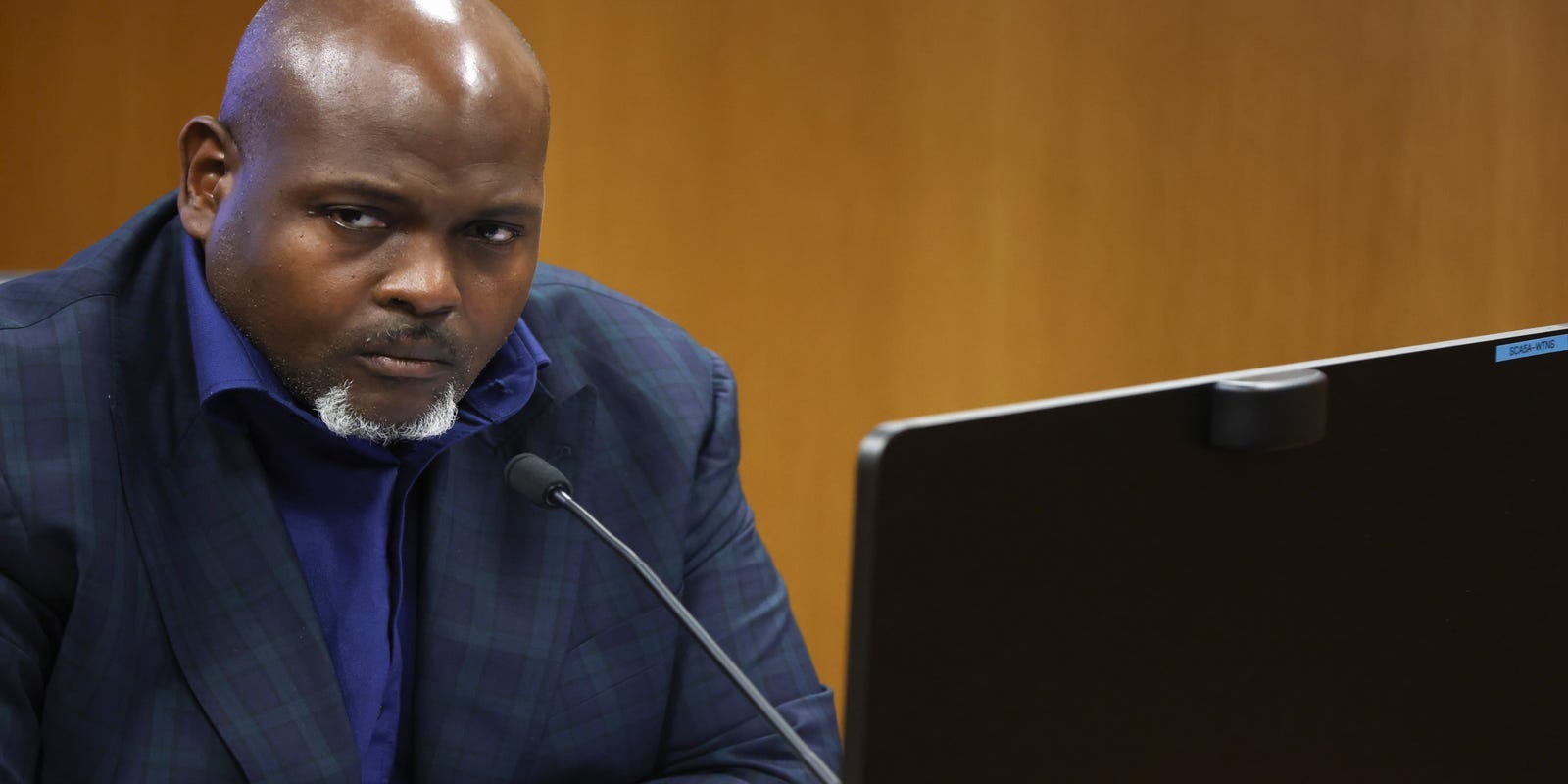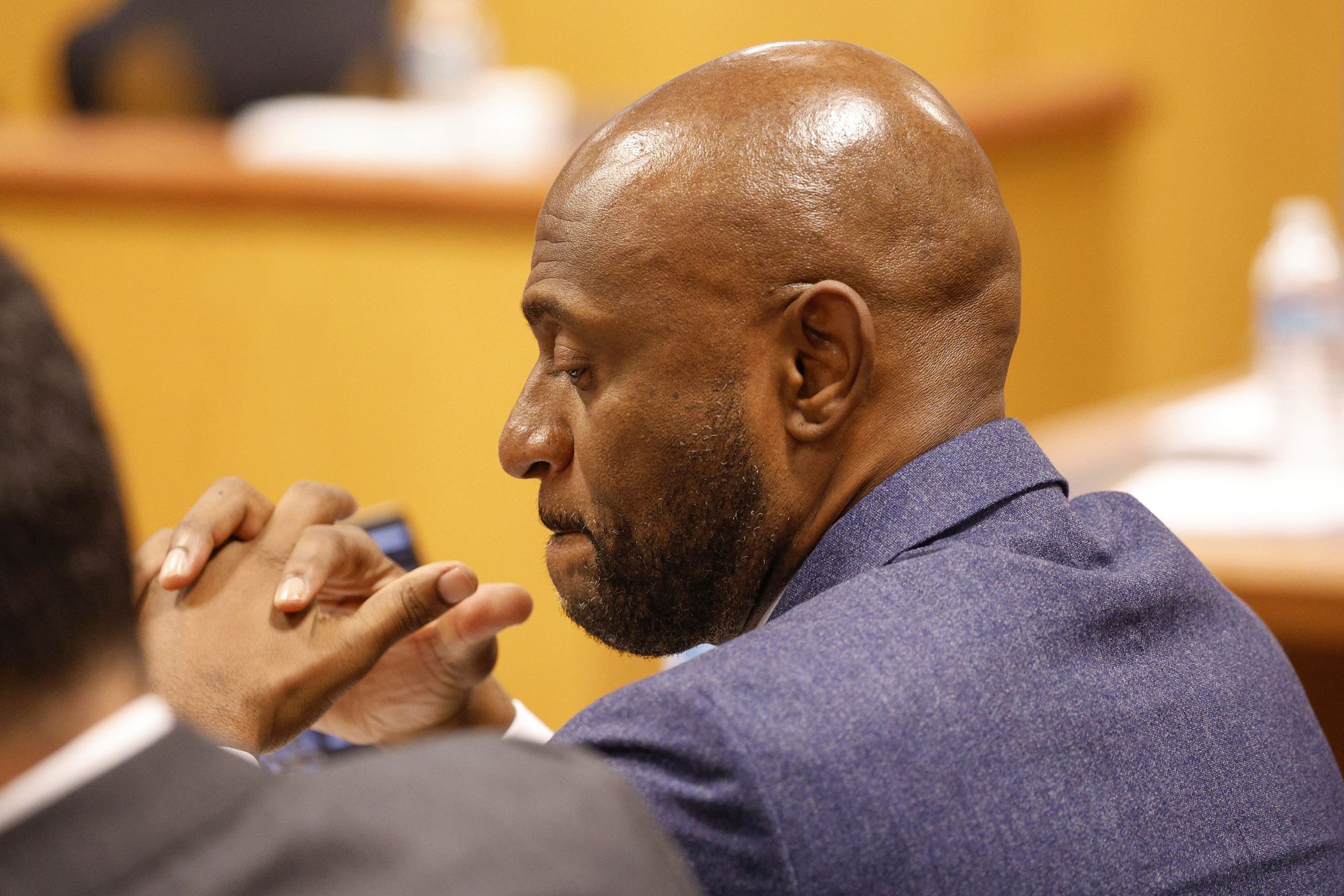In the Georgia election interference case against former President Donald Trump, special prosecutor Nathan Wade is facing challenges regarding his romantic relationship with Fulton County District Attorney Fani Willis.
Trump and several co-defendants are seeking to disqualify Willis and Wade from the case, which could potentially delay the trial until after the November election.
One key aspect of this effort is questioning Wade’s divorce lawyer, who may have information about the timeline of Wade’s relationship with Willis. However, the divorce lawyer has refused to testify, citing attorney-client privilege.

Prosecutor in Donald Trump’s Georgia Election (Credits: X.com)
Judge McAfee held hearings to consider the motion to disqualify Willis, Wade, and the district attorney’s office. Despite the refusal of Wade’s divorce lawyer to testify, McAfee indicated that he would review evidence from Wade’s consultations with the lawyer confidentially.
Trump and his co-defendants argue that this evidence could show that Wade and Willis lied about the timeline of their relationship, potentially committing perjury.
Wade has objected to McAfee meeting with his divorce lawyer, arguing that such an examination should not take place under any circumstance. He believes that attorney-client privilege should prevent the disclosure of information that could incriminate him or Willis.
The case underscores the complexity of legal proceedings involving high-profile individuals and the challenges of ensuring fairness and transparency in such cases. The outcome of this dispute could have significant implications for the trial and the broader legal landscape surrounding the 2020 election.























